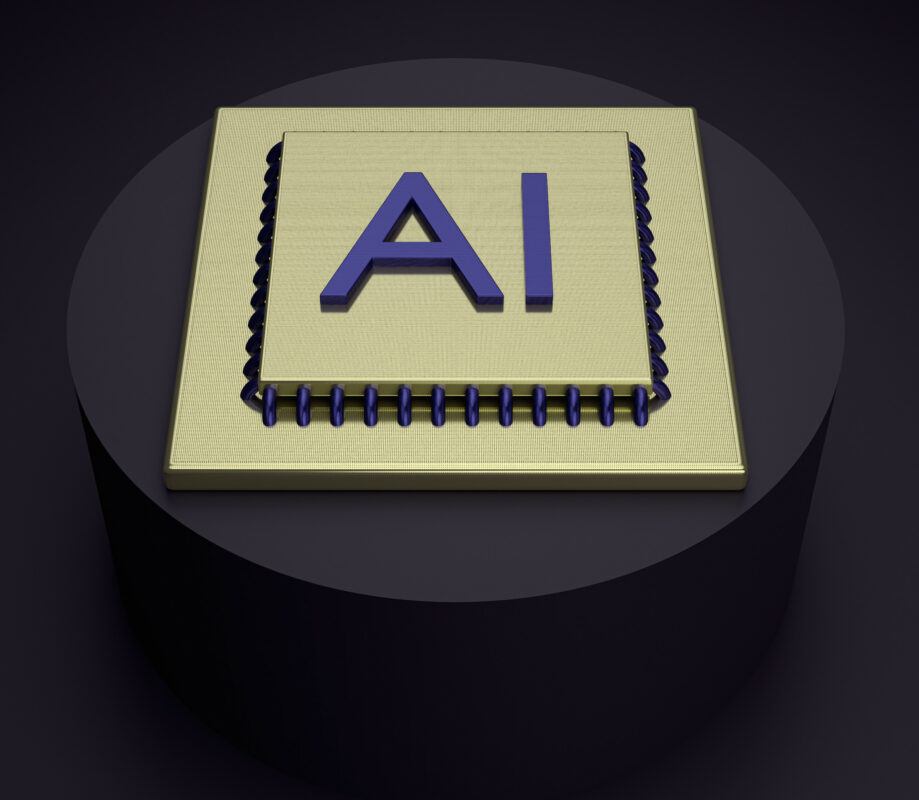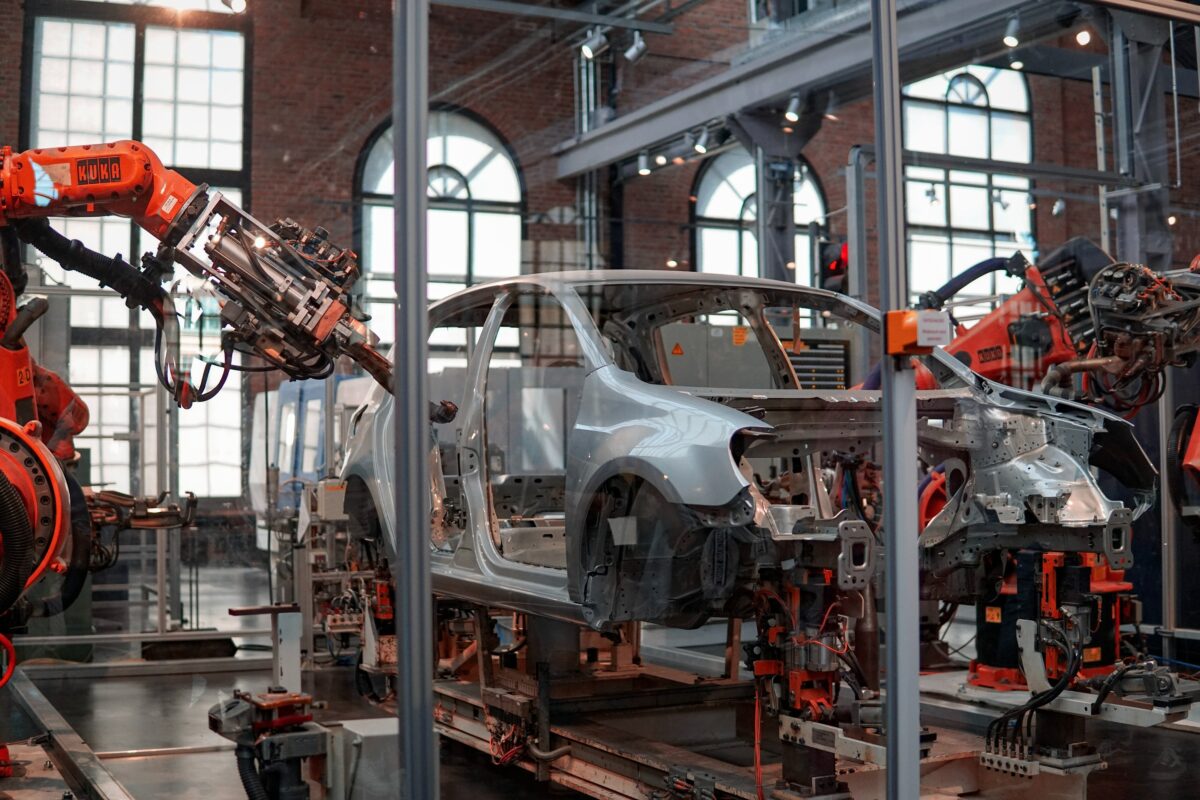Imagine a manufacturing landscape where inefficiency is a relic of the past, where production lines adapt in real-time, and where every process is optimized for peak performance. This is not the stuff of science fiction—it’s the reality of artificial intelligence (AI) in manufacturing. As we stand on the brink of a new industrial revolution, AI emerges as the torchbearer, illuminating the path to unprecedented efficiency, quality, and innovation.

The Dawn of a New Industrial Era
Once upon a time, the manufacturing industry was characterized by manual labor, time-consuming processes, and a constant battle against errors and waste. But as the digital age dawned, a new player entered the arena—artificial intelligence. With its ability to learn, adapt, and improve over time, AI has begun to transform the very fabric of manufacturing.
The AI Revolution in Manufacturing
Manufacturers who embrace AI find themselves at the forefront of a revolution. AI-powered machines work tirelessly, analyzing vast amounts of data to identify patterns and predict outcomes. They don’t just follow instructions; they provide insights that lead to smarter decisions and more innovative products.
The Benefits Unleashed
1. Enhanced Efficiency and Productivity: AI algorithms optimize production schedules, manage supply chains, and reduce downtime by predicting maintenance needs. The result? A leaner, more efficient manufacturing process that boosts productivity and slashes costs.
2. Quality Control Par Excellence: AI doesn’t tire or lose focus. It can inspect products with an accuracy that human eyes can’t match, ensuring that every item that leaves the factory floor is up to the highest standards.
3. Customization at Scale: The one-size-fits-all approach is becoming obsolete. AI enables mass customization, allowing manufacturers to tailor products to individual preferences without sacrificing efficiency or increasing costs.
4. Sustainable Practices: AI helps in reducing waste and optimizing energy use, leading to more sustainable manufacturing practices. It’s not just good for the planet—it’s good for the bottom line.
5. Safer Work Environments: By taking over dangerous tasks and predicting potential safety hazards, AI is creating safer workplaces for human workers, allowing them to focus on more complex and creative tasks.
Real-World Success Stories
Cruzetechs stories will come here.

The Road Ahead
As AI technology continues to evolve, the potential for further transformation in manufacturing is limitless. Smart factories, powered by AI and the Internet of Things (IoT), will not only be more efficient but also more responsive to the needs and demands of consumers and markets.
Conclusion:
The integration of AI into manufacturing is not just an upgrade—it’s a complete overhaul of the production paradigm. As we look to the future, the question for manufacturers is no longer if they should adopt AI, but how quickly they can do so. Those who hesitate risk being left behind in a world where AI-driven manufacturing is not just the standard but the expectation.
The AI revolution in manufacturing is here, and it’s redefining what’s possible. It’s time to embrace this change, to harness the power of AI, and to build a smarter, more efficient, and more innovative future for the manufacturing industry.

